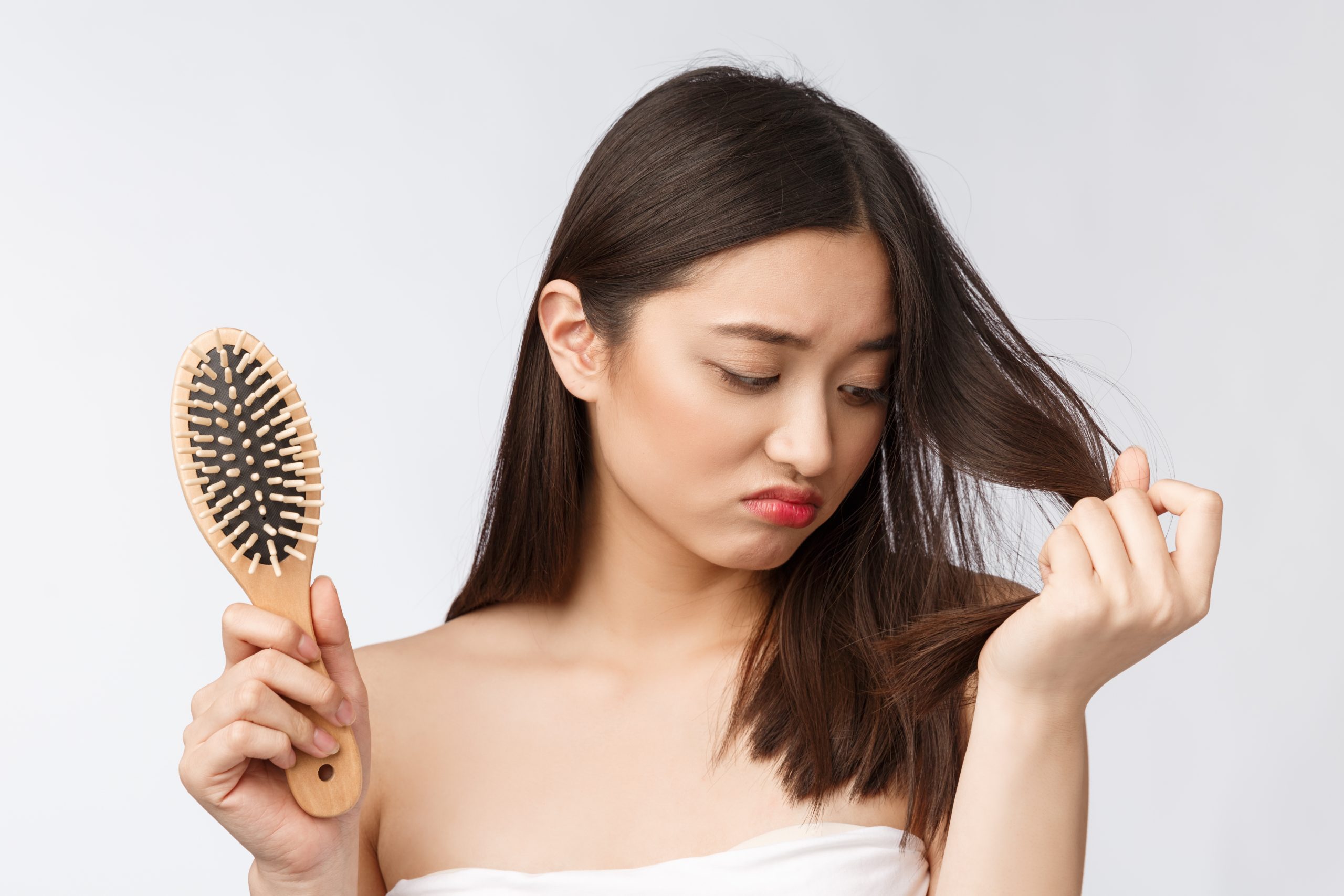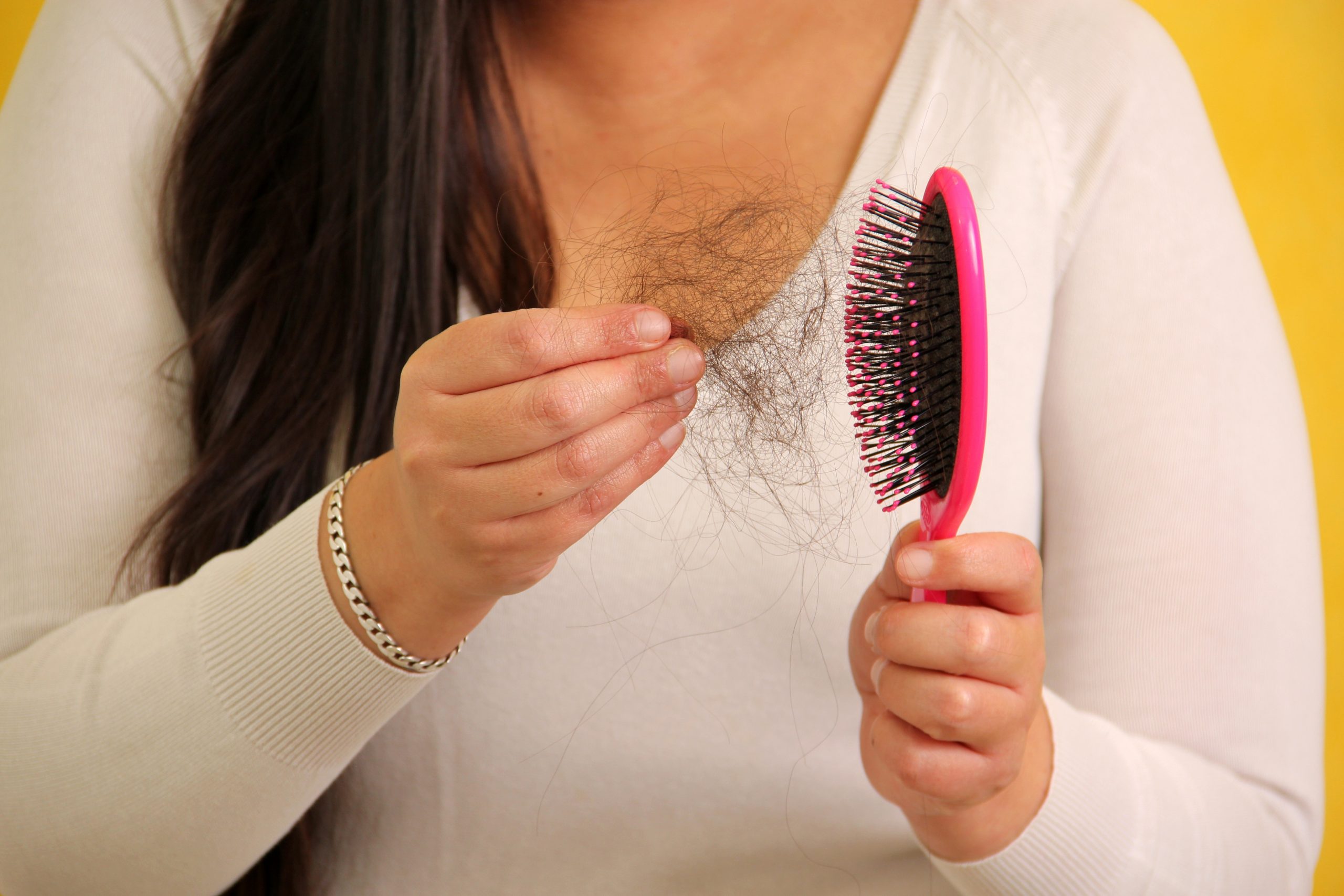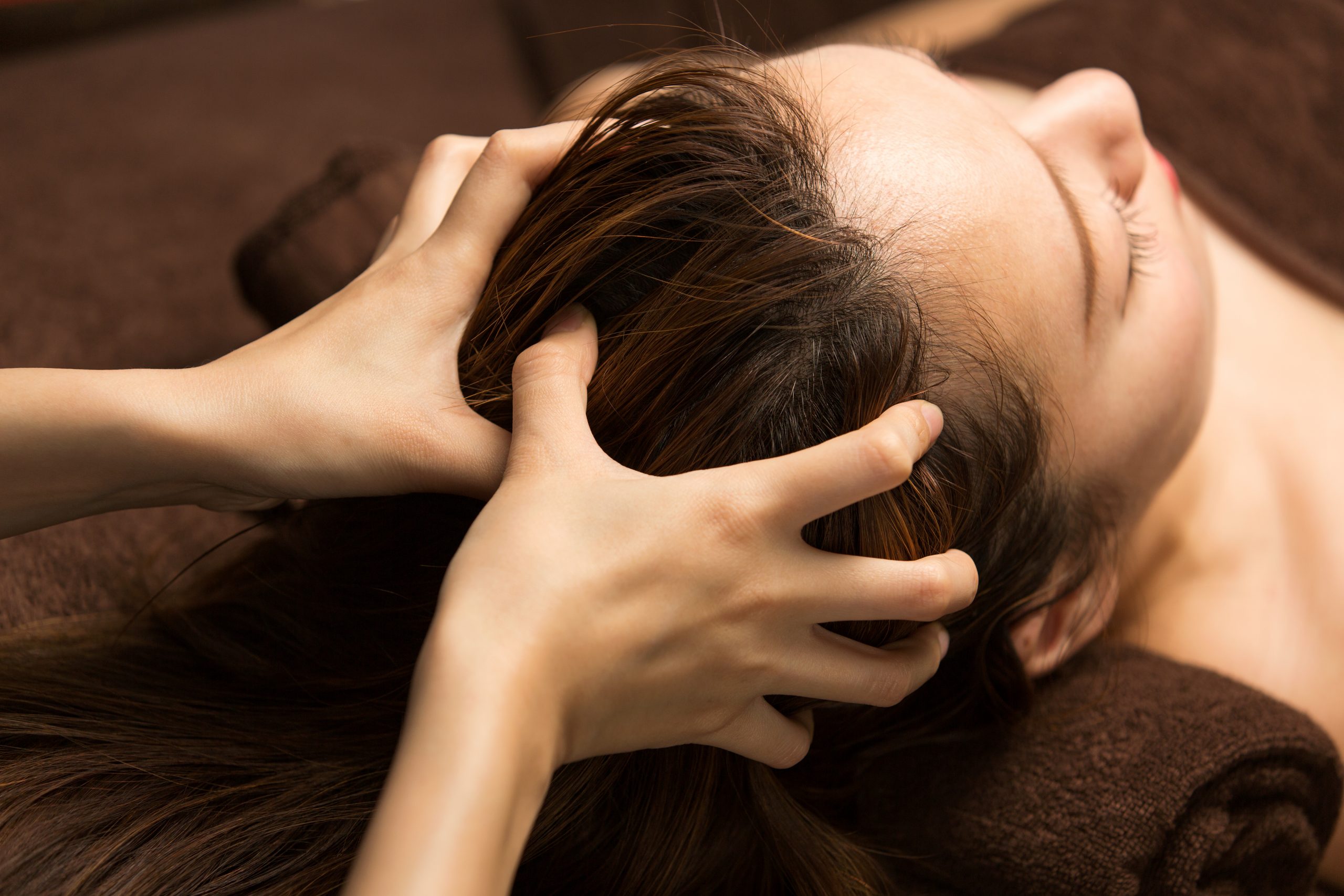We all experience stress from time to time, whether it’s due to work, personal relationships, or other life circumstances. While stress is a normal part of life, prolonged or chronic stress can have various negative effects on our physical and mental well-being. One area that can be significantly impacted by stress is hair growth. In this article, we will explore the connection between stress and hair growth and discuss the impact of stress on our locks.
- Telogen Effluvium: Telogen effluvium is a common hair loss condition triggered by stress. When we experience stress, it can disrupt the normal hair growth cycle, pushing a larger number of hair follicles into the resting (telogen) phase. This results in increased shedding or hair loss a few months after the stressful event. The good news is that telogen effluvium is usually temporary, and hair growth resumes once the underlying stressor is addressed.
- Hormonal Imbalances: Stress can disrupt the delicate balance of hormones in our body. Elevated levels of stress hormones, such as cortisol, can interfere with the normal functioning of the hair growth cycle. Hormonal imbalances can lead to hair thinning, decreased hair density, and even excessive hair shedding. It’s important to note that hormonal changes due to stress may not be immediately noticeable and can take some time to manifest in hair-related issues.
- Trichotillomania: Trichotillomania is a hair-pulling disorder that is often associated with stress or anxiety. It is characterized by an irresistible urge to pull out one’s hair, leading to noticeable hair loss and bald patches. This condition is considered a coping mechanism for stress and requires professional help for effective management.
- Reduced Nutrient Absorption: Chronic stress can affect our digestive system and impair nutrient absorption. Essential nutrients like vitamins, minerals, and proteins are vital for healthy hair growth. When our bodies are under stress, nutrient absorption may be compromised, leading to insufficient nutrient supply to the hair follicles. This can result in weakened hair and slower hair growth.
- Inflammation: Stress triggers an inflammatory response in the body, which can negatively impact hair follicles. Inflammation can disrupt the normal hair growth cycle, leading to hair loss or impaired hair growth. It is believed that chronic inflammation may contribute to conditions such as alopecia areata, an autoimmune disorder characterized by patchy hair loss.
- Scalp Health: Stress can also affect the health of the scalp, which plays a crucial role in supporting hair growth. Stress can lead to an imbalance in the scalp’s oil production, causing a dry or oily scalp. Additionally, stress can trigger or worsen existing scalp conditions such as dandruff or psoriasis, which can directly impact hair growth and quality.
- Self-Care Neglect: During times of stress, self-care routines may take a backseat. Poor nutrition, lack of sleep, and neglecting proper hair care can contribute to hair loss and overall hair health. It’s important to prioritize self-care, including a healthy diet, regular exercise, and adopting stress management techniques to support optimal hair growth.
- Breakage and Hair Damage: Stress can lead to behaviors like excessive hair twisting, pulling, or vigorous brushing, which can cause hair breakage and damage. Stress-induced hair styling practices, such as tight ponytails or hairstyles that pull on the hair, can also contribute to hair loss or thinning.
Managing Stress for Healthy Hair Growth:
- Stress Management Techniques: Adopting stress management techniques such as meditation, deep breathing exercises, regular physical activity, and engaging in hobbies can help reduce stress levels and promote overall well-being, including healthy hair growth.
- Balanced Diet: N





